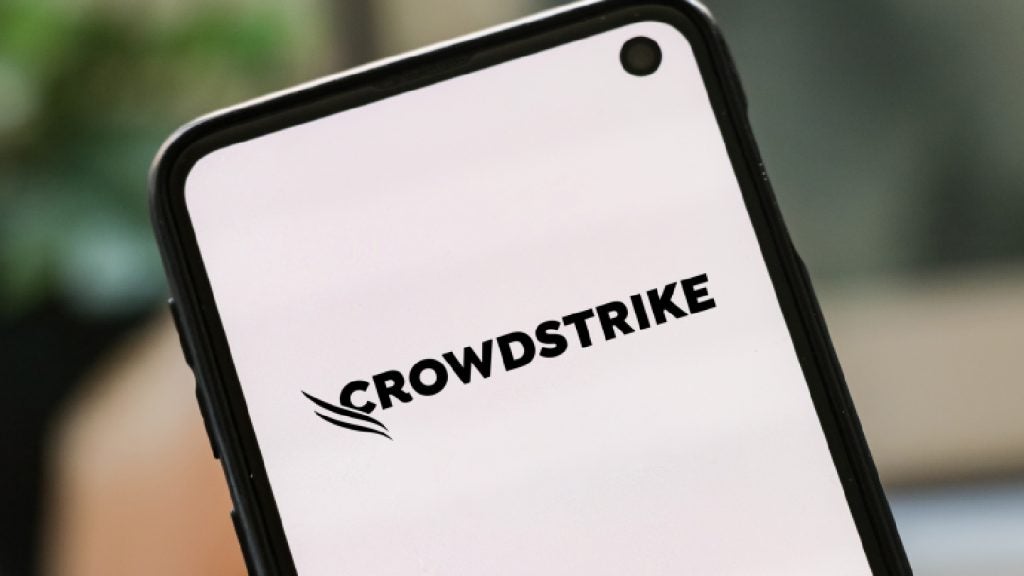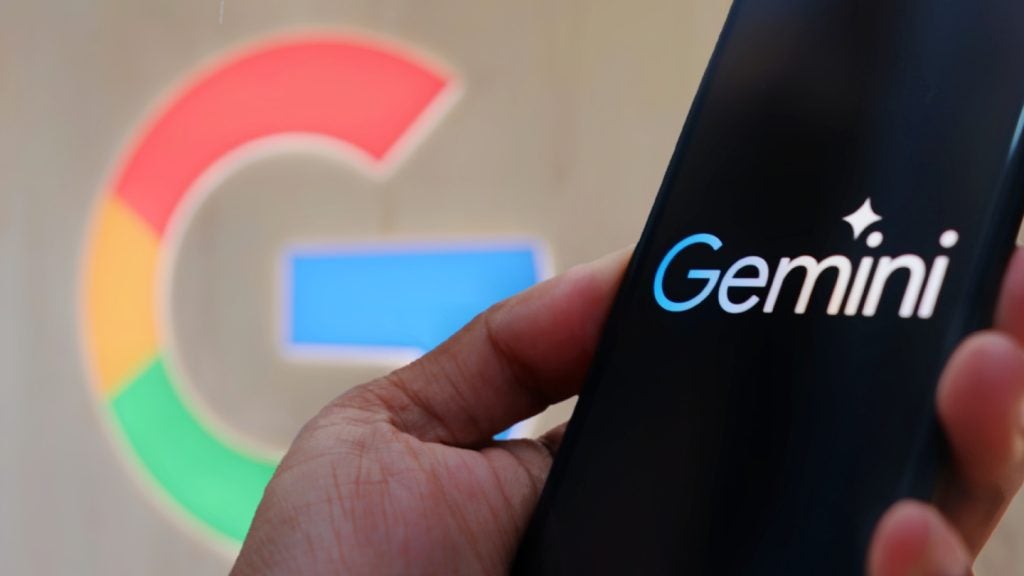WhatsApp’s user data are vital if Facebook is to achieve its ecommerce ambitions, and the social media company is pushing ahead with controversial changes to its privacy policies.
Consumer anxiety over the erosion of privacy is growing, but WhatsApp users are unlikely to abandon the platform en masse due to the challenges inherent in switching providers.
WhatsApp forces users to accept changes through persistent reminders
WhatsApp has started forcing users to accept its new terms of use, a few months after an outcry over the changes that forced it to delay the rollout. That first attempt saw millions of users turn to other, more privacy-friendly messaging apps like Signal and Telegram.
The latest update forces users to agree to let Facebook use data from their interactions with businesses on WhatsApp, including payments and transaction information, to target ads across its platforms.
Following a period of persistent reminders, those who don’t accept the new terms will start to gradually lose functionality, such as viewing chat lists and receiving video calls and messages.
Facebook wants to become the Western super-app
With 2.9 billion monthly active users, Facebook is the best candidate to become the West’s first super-app. The super-app model is best exemplified by China’s WeChat, which works as a gateway to a myriad of internet services, from social networking and ecommerce to financial services.

US Tariffs are shifting - will you react or anticipate?
Don’t let policy changes catch you off guard. Stay proactive with real-time data and expert analysis.
By GlobalDataSince it bought WhatsApp for $19bn in 2014, Facebook has aspired to turn its platform into the Western equivalent of WeChat. Following the failure of Libra, its cryptocurrency experiment, Facebook has started to offer embedded payments as a key ingredient of its ecosystem, launching Facebook Pay in 2019 and Facebook Shop in 2020. With its latest changes, Facebook wants its platform to become the places where people, businesses, and shops interact and pay for goods.
WhatsApp is ubiquitous, and the costs for users (at least the perceived costs) of switching providers are high. These include moving all contact details from WhatsApp to a new platform and persuading contacts to switch as well
Across social networks such as Facebook, the value users derive increases with the number of friends also using it. The cost of switching providers is also high due to limited data portability, i.e., a platform handing over personal data to competitors without the user losing access to it.
In Europe, GDPR limits data-sharing practices
While WhatsApp is updating its policies globally, data-sharing practices won’t change in Europe, where the General Data Protection Regulation (GDPR) applies. GDPR requires companies to be transparent when using personal data for ad targeting and highlights specific circumstances under which data processing shall be lawful, requiring the consent to be specific, informed, and freely given.
Not only must the permission be asked before any tracking software is placed, but it must also be freely obtained, meaning that the user can refuse to give permission without adverse consequences, like having his or her service blocked. In the US, on the other hand, Congress’s failure to pass data privacy legislation means that the likes of Facebook can set their own rules on data-sharing.









